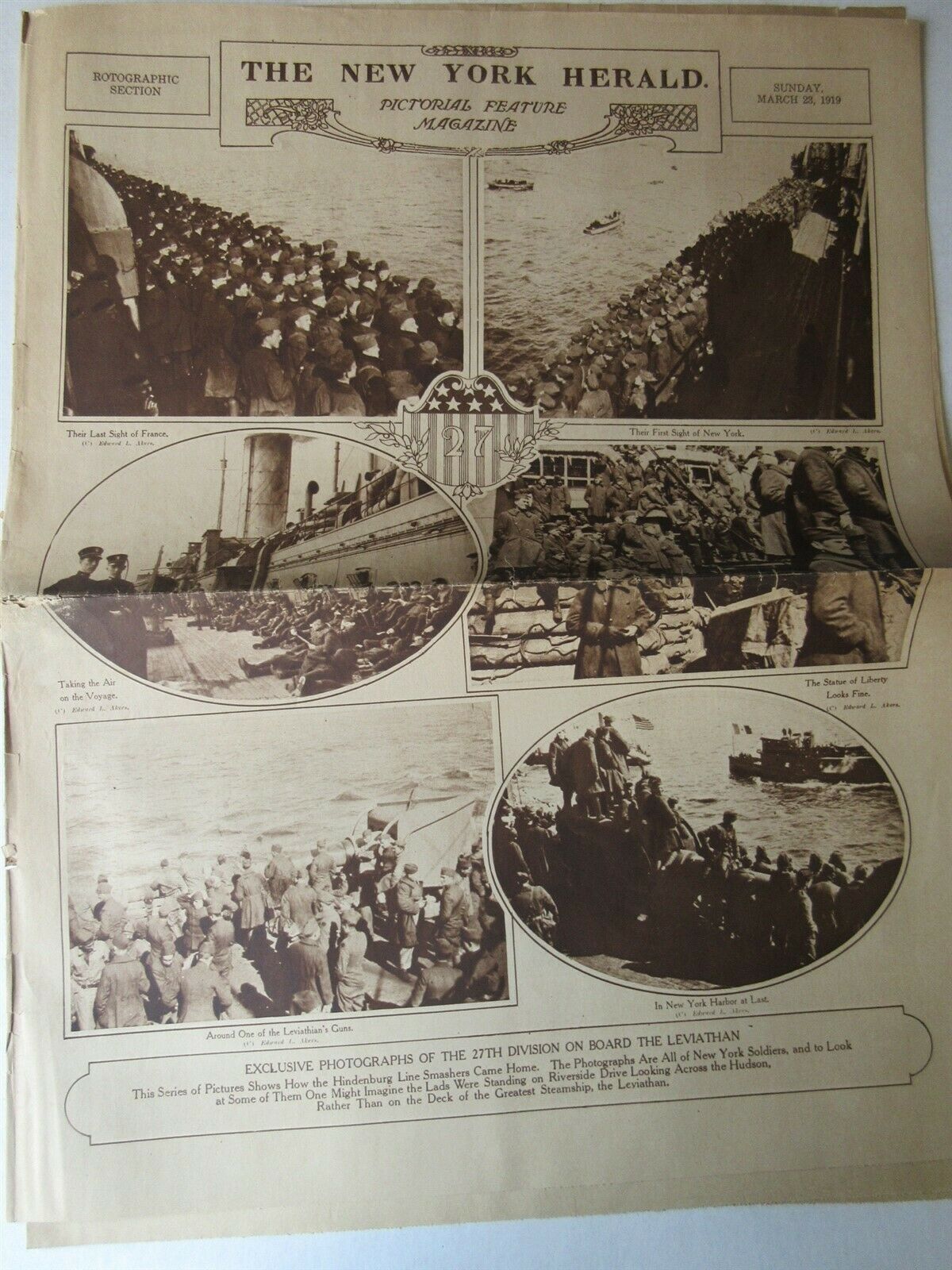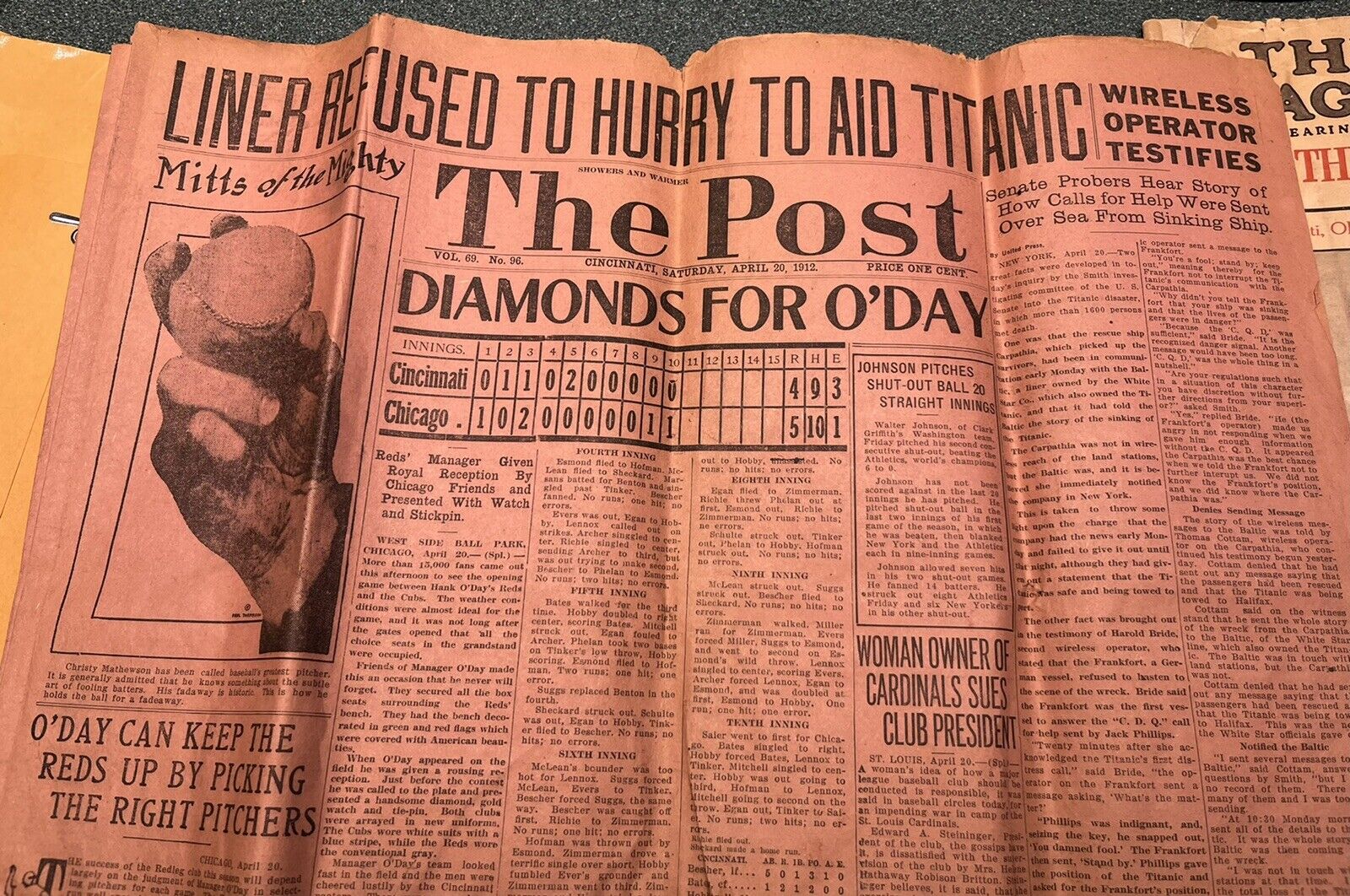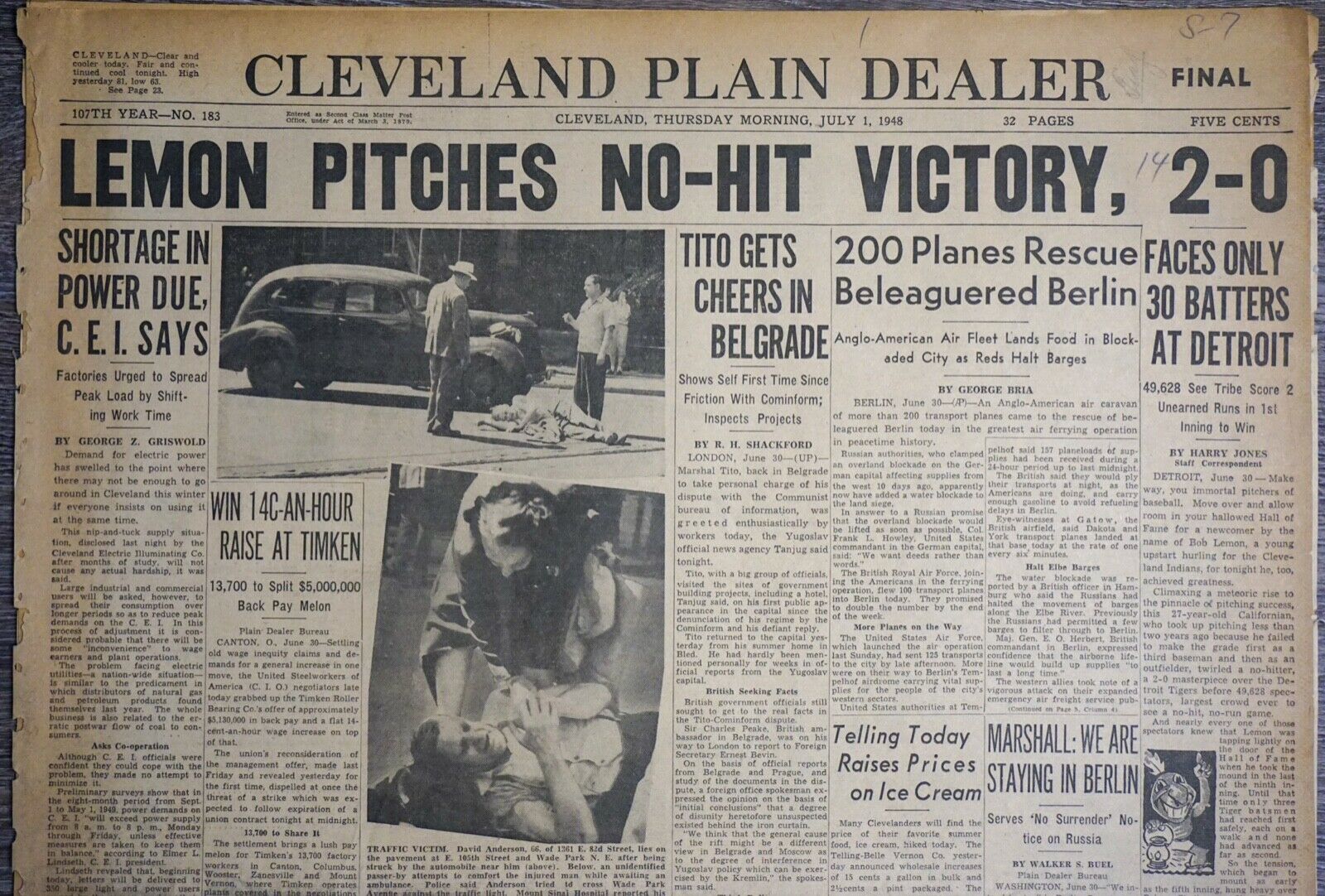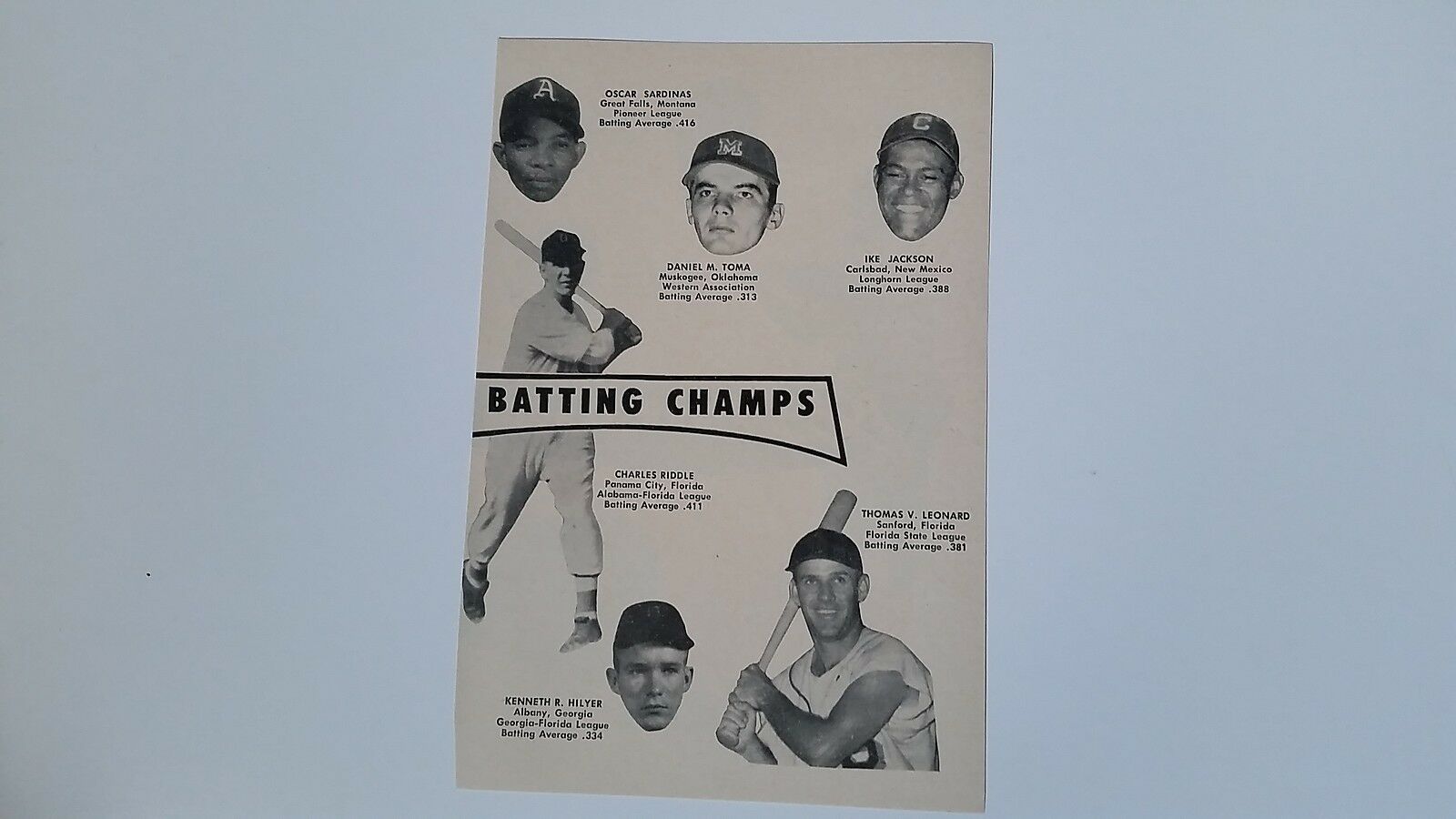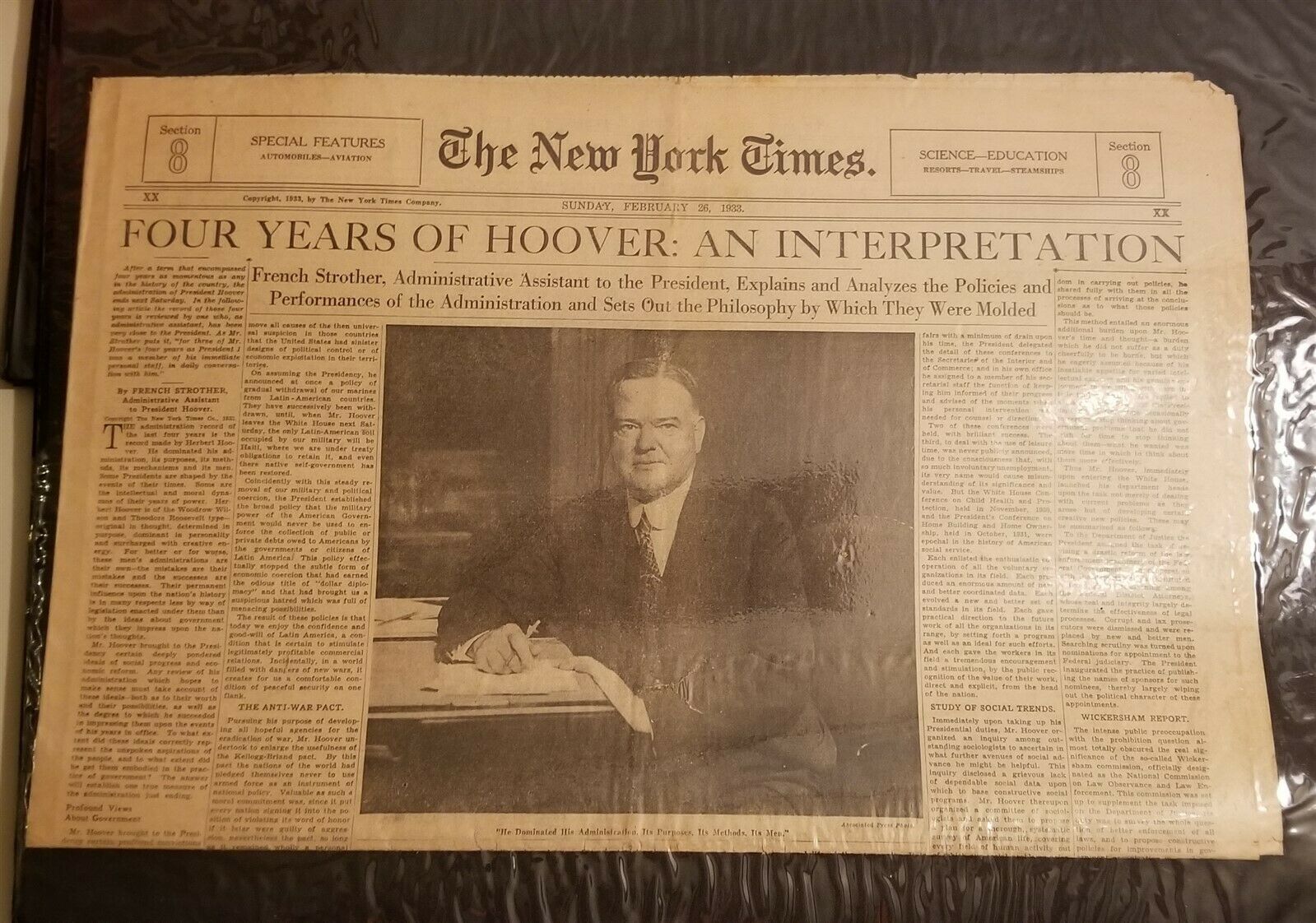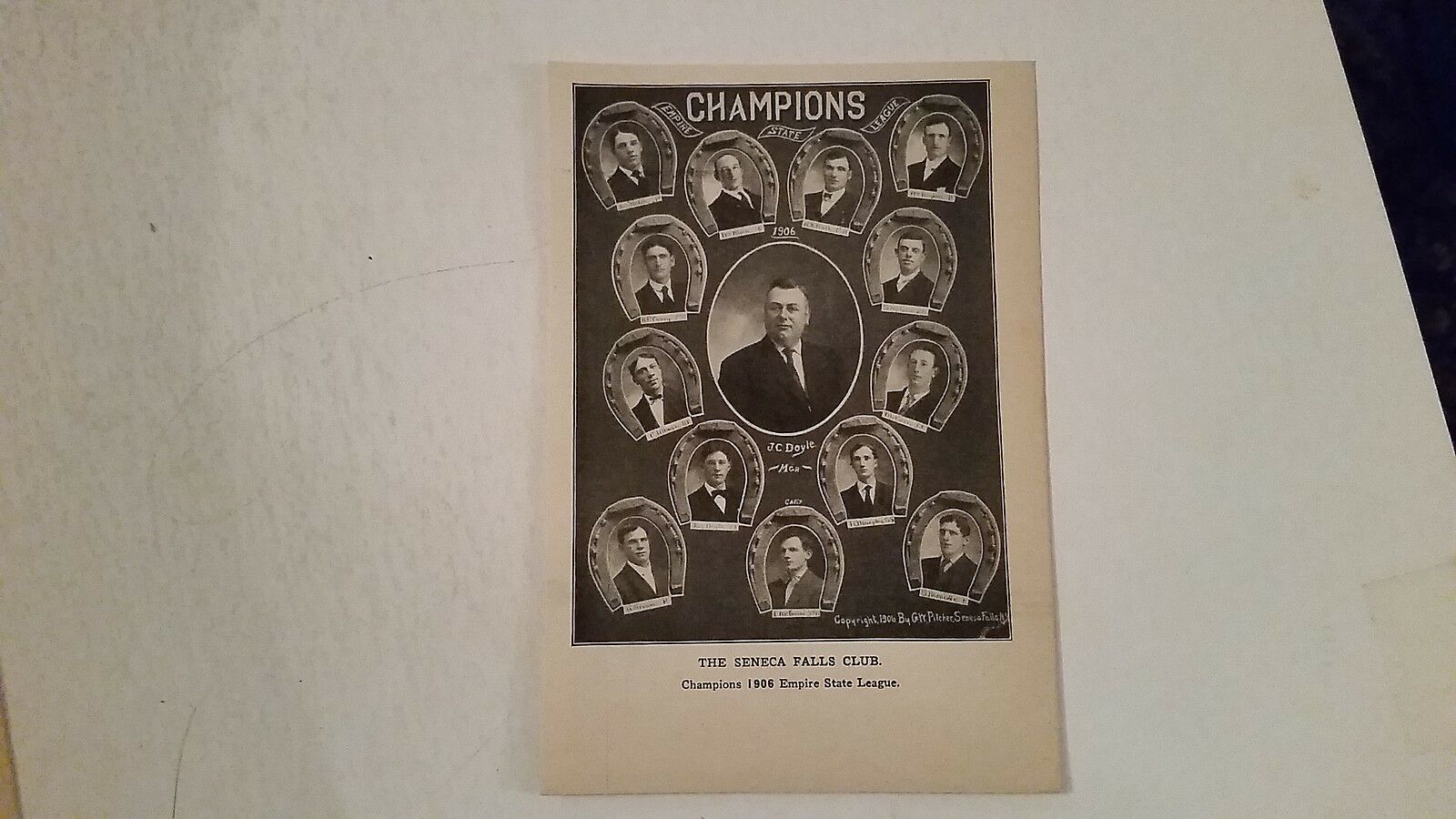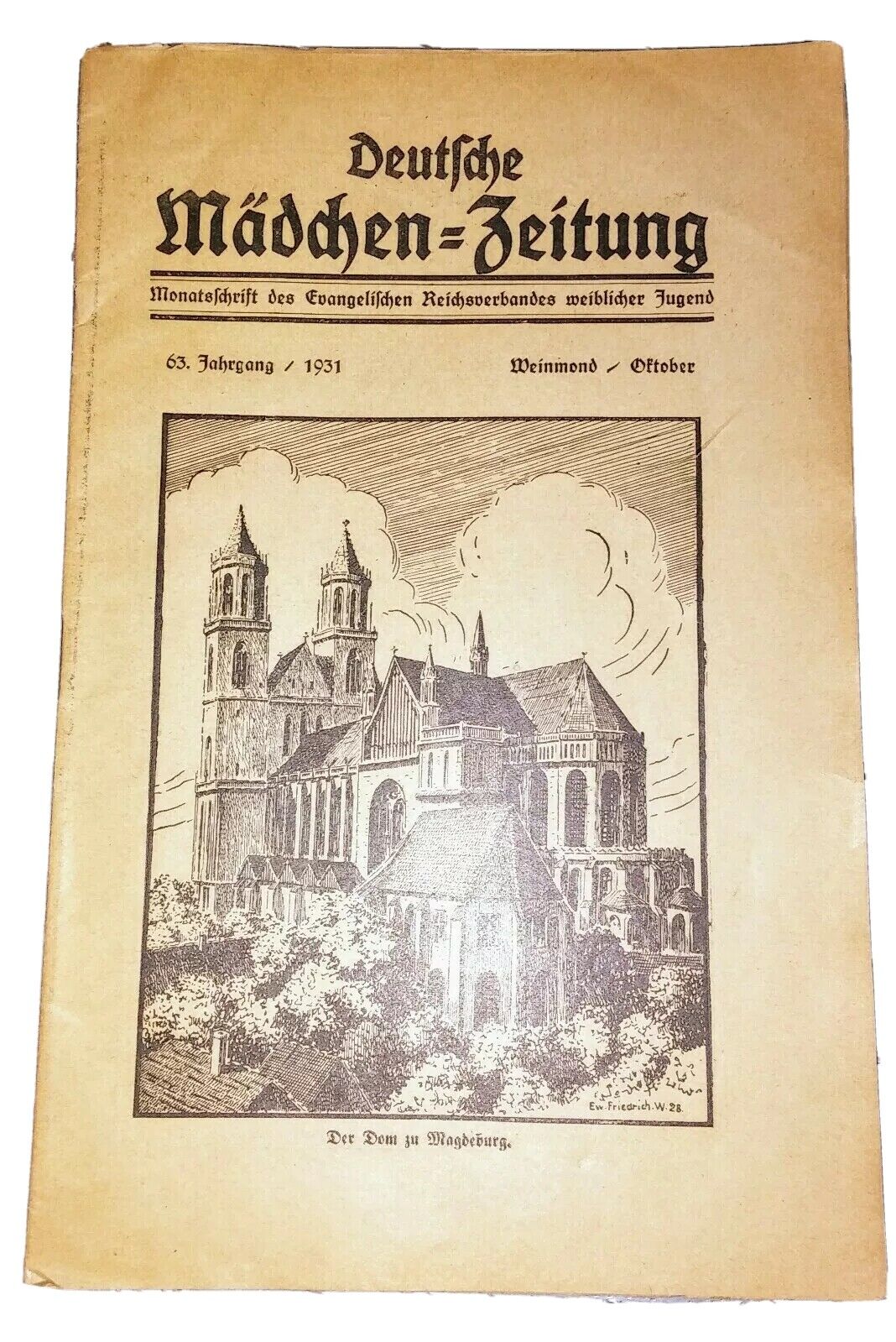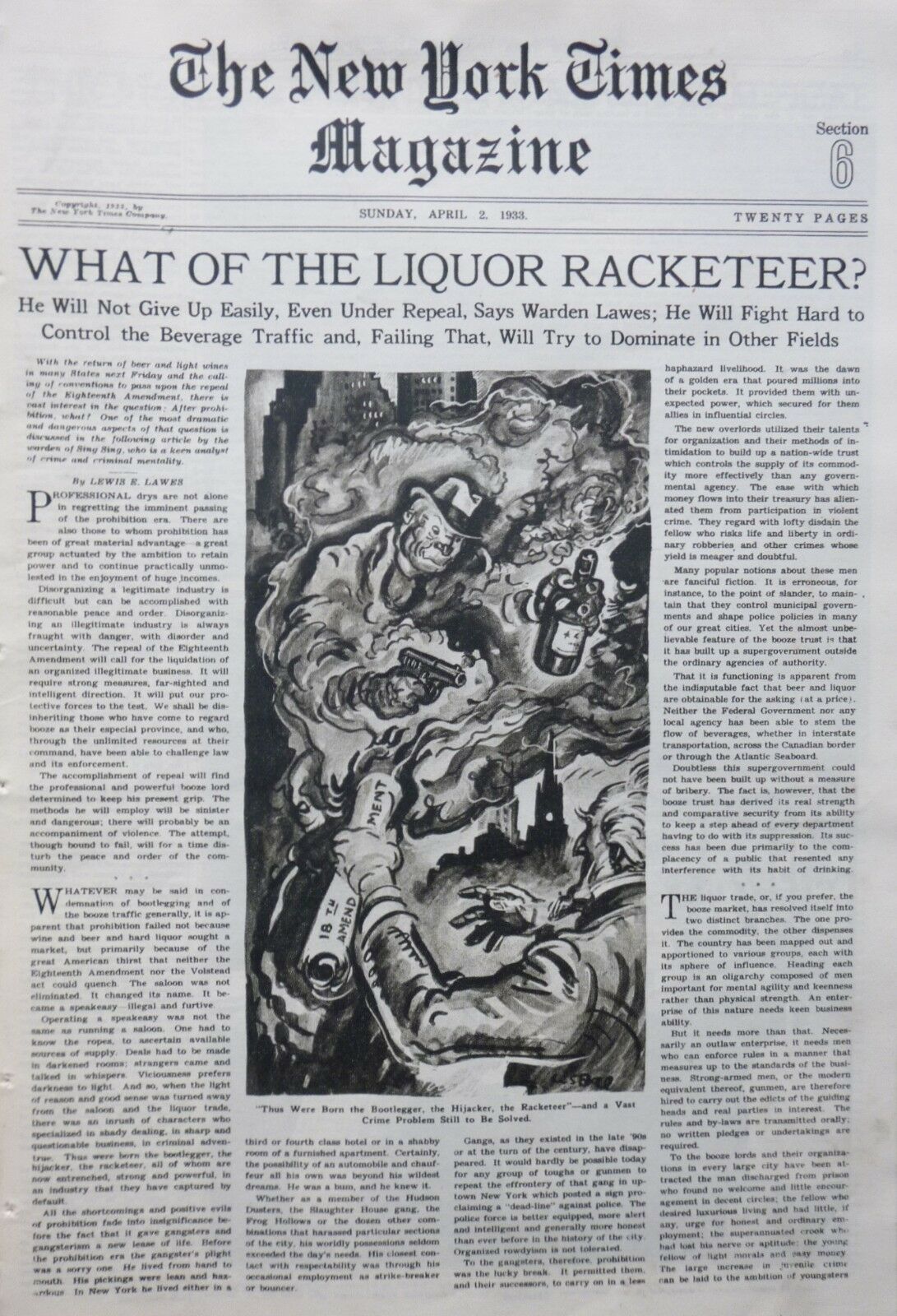-40%
1911 newspaper STANDARD OIL COMPANY is BROKEN UP by US SUPREME COURT DECISION
$ 21.12
- Description
- Size Guide
Description
1911 newspaper STANDARD OIL COMPANY is BROKEN UP by US SUPREME COURT DECISION1911 newspaper THE STANDARD OIL COMPANY of John D Rockefeller is BROKEN UP by a landmark US SUPREME COURT DECISION
- inv # 7L-218
Please visit our
EBAY STORE
for THOUSANDS MORE HISTORICAL NEWSPAPERS for SALE or at auction
SEE PHOTO(s) - COMPLETE ORIGINAL NEWSPAPER, the
Raymer Enterprise
(Weld County, CO) dated May 18, 1911. This original newspaper contains prominent front page "stacked" headings and a long detailed report of the
famous US Supreme Court decision breaking up STANDARD OIL OF OHIO
.
This was a landmark US Supreme Court decision held under the Sherman Anti-Trust Act
Standard Oil Co. of New Jersey v. United States (1911), was a case in which the Supreme Court of the United States found Standard Oil Co. of New Jersey guilty of monopolizing the petroleum industry through a series of abusive and anticompetitive actions. The Court's remedy was to divide Standard Oil into several geographically separate and eventually competing firms.
Standard Oil Co. was an American oil-producing, transporting, refining, and marketing company. Established in 1870 by John D. Rockefeller and Henry Flagler as a corporation in Ohio, it was the largest oil refiner in the world at its height
. Its history as one of the world's first and largest multinational corporations ended in 1911, when the U.S. Supreme Court ruled, in a landmark case, that Standard Oil was an illegal monopoly.
Standard Oil dominated the oil products market initially through horizontal integration in the refining sector, then, in later years vertical integration; the company was an innovator in the development of the business trust. The Standard Oil trust streamlined production and logistics, lowered costs, and undercut competitors. "Trust-busting" critics accused Standard Oil of using aggressive pricing to destroy competitors and form a monopoly that threatened other businesses.
Rockefeller ran the company as its chairman, until his retirement in 1897. He remained the major shareholder, and in 1911, with the dissolution of the Standard Oil trust into 34 smaller companies, Rockefeller became the richest person in modern history, as the initial income of these individual enterprises proved to be much bigger than that of a single larger company.
By the 1880s, Standard Oil was using its large market share of refining capacity to begin integrating backward into oil exploration and crude oil distribution and forward into retail distribution of its refined products to stores and, eventually, service stations throughout the United States. Standard Oil allegedly used its size and clout to undercut competitors in a number of ways that were considered "anti-competitive," including underpricing and threats to suppliers and distributors who did business with Standard's competitors.
The government sought to prosecute Standard Oil under the Sherman Antitrust Act. The main issue before the Court was whether it was within the power of Congress to prevent one company from acquiring numerous others through means that might have been considered legal in common law, but still posed a significant constraint on competition by mere virtue of their size and market power, as implied by the Antitrust Act.
Over a period of decades, the Standard Oil Company of New Jersey had bought up virtually all of the oil refining companies in the United States. Initially, the growth of Standard Oil was driven by superior refining technology and consistency in the kerosene products (i.e., product standardization) that were the main use of oil in the early decades of the company's existence. The management of Standard Oil then reinvested their profits in the acquisition of most of the refining capacity in the Cleveland area, then a center of oil refining, until Standard Oil controlled the refining capacity of that key production market.
By 1870, Standard Oil was producing about 10% of the United States output of refined oil. This quickly increased to 20% through the elimination of the competitors in the Cleveland area.
As in the case against American Tobacco, which was decided the same day, the Court concluded that these facts were within the power of Congress to regulate under the Commerce Clause. The Court recognized that "taken literally," the term "restraint of trade" could refer to any number of normal or usual contracts that do not harm the public. The Court embarked on a lengthy exegesis of English authorities relevant to the meaning of the term "restraint of trade." Based on this review, the Court concluded that the term "restraint of trade" had come to refer to a contract that resulted in "monopoly or its consequences." The Court identified three such consequences: higher prices, reduced output, and reduced quality.
The Court concluded that a contract offended the Sherman Act only if the contract restrained trade "unduly"—that is if the contract resulted in one of the three consequences of monopoly that the Court identified. A broader meaning, the Court suggested, would ban normal and usual contracts, and would thus infringe liberty of contract. The Court endorsed the rule of reason enunciated by William Howard Taft in Addyston Pipe and Steel Company v. United States (1899), written when the latter had been Chief Judge of the United States Court of Appeals for the Sixth Circuit. The Court concluded, however, that the behavior of the Standard Oil Company went beyond the limitations of this rule.
Very good condition. This listing includes the complete entire original newspaper, NOT just a clipping or a page of it. STEPHEN A. GOLDMAN HISTORICAL NEWSPAPERS stands behind all of the items that we sell with a no questions asked, money back guarantee. Every item we sell is an original newspaper printed on the date indicated at the beginning of its description. U.S. buyers pay priority mail postage which includes waterproof plastic and a heavy cardboard flat to protect the purchased item from damage in the mail. Upon request by the buyer, we can ship by USPS Media Mail to reduce postage cost; however, please be aware that USPS Media Mail can be very slow in its time of transit to the buyer. International postage is quoted when we are informed as to where the package is to be sent. We do combine postage (to reduce postage costs) for multiple purchases sent in the same package.
We list thousands of rare newspapers with dates from 1570 through 2004 on Ebay each week. This is truly SIX CENTURIES OF HISTORY that YOU CAN OWN!
Stephen A. Goldman Historical Newspapers has been in the business of buying and selling historical newspapers for over 50 years. Dr. Goldman is a consultant to the Freedom Forum Newseum and a member of the American Antiquarian Society. You can buy with confidence from us, knowing that we stand behind all of our historical items with a 100% money back guarantee. Let our 50+ years of experience work for YOU ! We have hundreds of thousands of historical newspapers (and their very early precursors) for sale.
Stephen A. Goldman Historical Newspapers
has been in the business of buying and selling historical newspapers for over 50 years. We are located in the charming Maryland Eastern Shore town of OXFORD, Maryland.
Dr. Goldman is a consultant to the Freedom Forum Newseum and a member of the American Antiquarian Society. You can buy with confidence from us, knowing that we stand behind all of our historical items with a 100% money back guarantee. Let our 50+ years of experience work for YOU ! We have hundreds of thousands of historical newspapers (and their very early precursors) for sale.
We invite customer requests for historical newspapers that are not yet located in our extensive Ebay listing of items. With an inventory of nearly a million historical newspapers (and their early precursors) we are likely have just the one
YOU
are searching for.
WE ARE ALSO ACTIVE BUYERS OF HISTORICAL NEWSPAPERS, including large and small personal collections, bound volumes, significant individual issues, or deaccessions from libraries and historical societies. IF YOU WANT TO SELL, WE WANT TO BUY !!!
Powered by SixBit's eCommerce Solution





